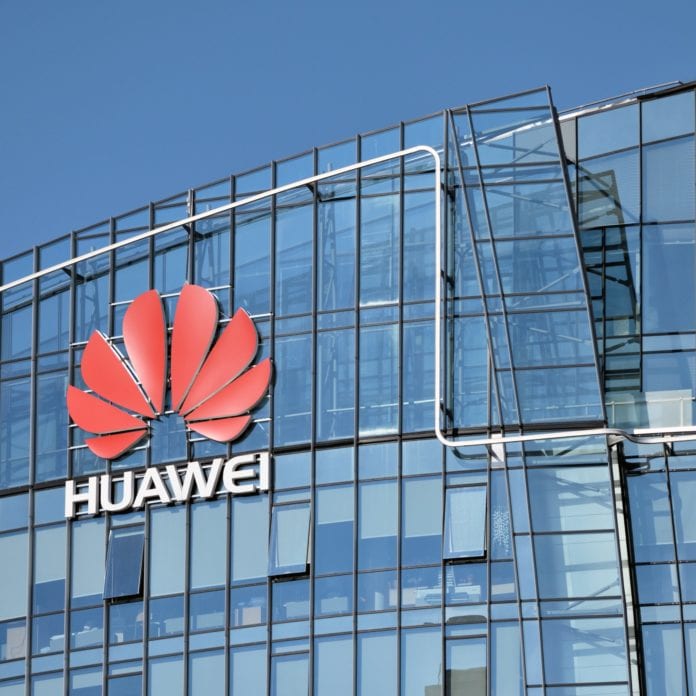Chinese vendor Huawei has been preparing for years for the scenario of a ban which would not allow the company to buy components from U.S companies, according to a report by CNN Business.
“This decision [the ban] is the latest move in the campaign against Huawei, waged by the U.S. government for political reasons,” Huawei’s rotating Chairman Ken Hu wrote in a memo to employees.
“The company has known this could be a possibility for many years,” the executive said. “We have invested heavily and made full preparations in a variety of areas.”
Huawei acquired $70 billion worth of components and parts last year from 13,000 suppliers. Of that, about $11 billion was spent on products from dozens of U.S. businesses, including computer chips from Qualcomm and Broadcom, as well as Microsoft software and Google’s Android, according to the report.
Huawei’s chip designsubsidiary HiSilicon also said it had been preparing for this “extreme situation for survival.”
In an internal memo seen by CNN Business, HiSilicon chief He Tingbo said the company had assumed that “one day, all advanced chips and technologies in the U.S. will not be available.”
She added that HiSilicon had created “spare tires” to enable the company to continue to serve customers.
“Today, as history has made the choice, the spare tires we built have turned in to ‘Plan A’ overnight,” she added.
Earlier this week, the U.S. Department of Commerce confirmed that it is adding Chinese vendor Huawei Technologies and 70 affiliates to its so-called “Entity List”, a decision that effectively bans Huawei from buying parts and components from U.S. companies without U.S. government approval.
Under the order, which is expected to take effect once it is published in the Federal Register, Huawei will need a U.S. government license to buy components from U.S suppliers. The DoC said that a license may be denied if the sale or transfer would harm U.S. national security or foreign policy interests.
“This could set back Huawei’s supply chain in the US and potentially delay 5G in China,” Edison Lee and Timothy Chau, analysts with brokerage firm Jefferies, said in a note.
Beyond China, the vendor has already signed several commercial 5G contracts around the world, including 25 in Europe and 10 in the Middle East.

